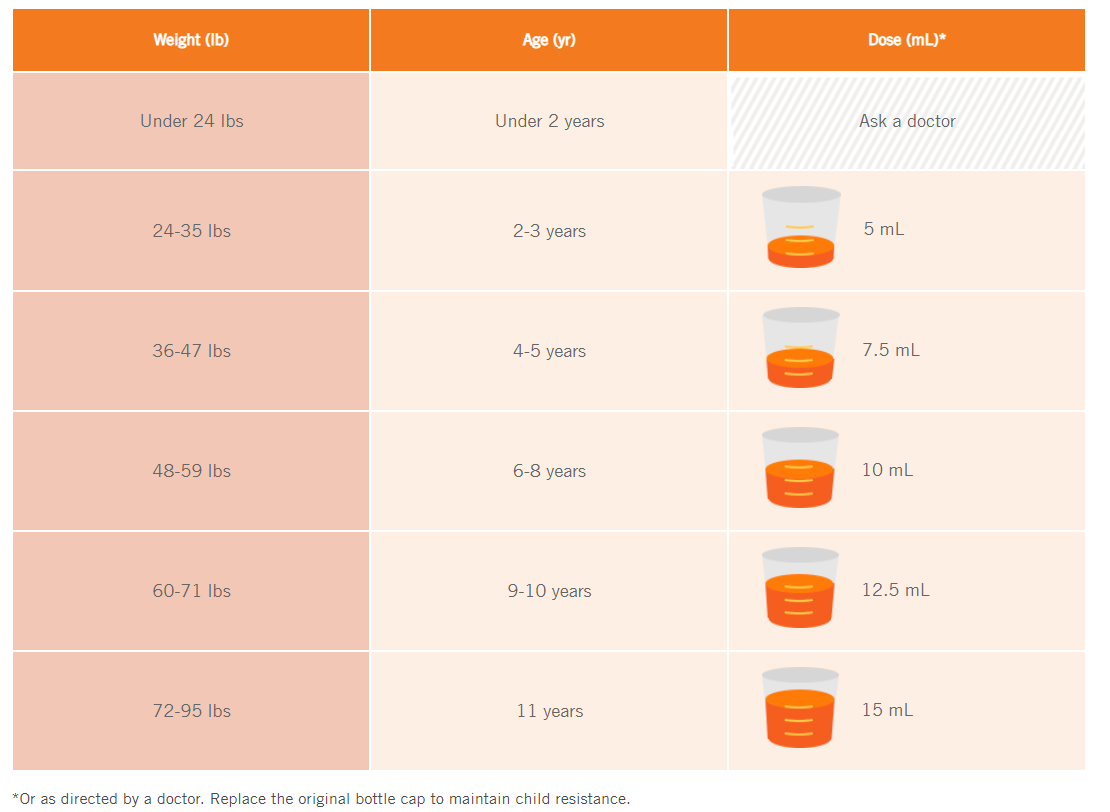Infant versus Children’s Ibuprofen
What’s the confusion?
This post contains affiliate links. Read full disclosure here.
A common conversation with a parent that brings an infant (12 months and younger) to the Emergency department may go like this:.
Parent: “He had a fever and I gave him some medications”
Provider: “What did you give? and what dose?”
Parent: “Ibuprofen (or motrin); and I gave him 2 milliliters (mls)”
Provider: “Was it the infant or Children’s Ibuprofen?”
Parent: “Oh, wait! there are different types?”
Provider: “Hmm, Yes, there are”
When your child has a fever or is in pain, the common reflex is to find the nearest pain or fever relief medicine to get them comfortable.
While this is a great idea, you may need a little planning and confirmation to make sure you always have the correct medications, concentrations, as well as doses all the time to avoid risk of overdose.
Even though a little difference in dose may not make a significant impact, a higher dose or a cumulative dose overtime can affect organs such as the liver and kidneys. These organs are tasked to breakdown and eliminate these medications.
 Welcome to Drnkeiru.com
Welcome to Drnkeiru.com
As a pediatrician and mother, I find joy in bringing you great & helpful info on medicine, motherhood and motivation.
Before we dive in, I’ll just note that Ibuprofen is not recommended for children younger than 6 months of age. I am essentially referring to children between 6 to 12 months.
Medications differ by location. While some countries have similar meds, this article refers to Ibuprofen marketed in the United States.
Though they may appear similar, the INFANT Motrin (on the left) is different from the CHILDREN’S motrin (on the right below)
.The infant ibuprofen is concentrated and hence given at a different dose than the children’s ibuprofen
Each 1.25mls of infant ibuprofen contains 50mg; while 2.5mls of children’s ibuprofen contains 50mg.
Breaking this down, it means that a smaller dose of Infant ibuprofen is required if given.
This difference is important to avoid over or under dosing your child’s medications.
Contrary to common misconceptions, if your infant is 6 months and older, they can still take the children’s ibuprofen. You just have to confirm the right dosing from your doctor.
Here are general things to consider:
- Don’t give ibuprofen if your child is younger than 6 months of age
- If your child is 6 months and older, you can use children’s ibuprofen instead of the infant’s. Bonus point: the children’s ibuprofen is also cheaper.
- If your child doesn’t have ‘dye allergies’, you don’t need the ‘dye-free types.’ These are also more expensive.
- Consider checking your child’s temperature before giving meds. This helps you keep trends on any fever and its duration (daily fevers lasting longer than 4-5 days may need further evaluation).
- While there is an overall dosing chart on the boxes of most medications, ask your doctor for your child’s weight and appropriate medication dosing during each appointment. Most medications are more accurately dosed by weight:
For ibuprofen it is 5 to 10 mg per kg (your child’s weight in kg):
This means that if your child weighs 10kg, their dose of ibuprofen will be 10 X 10 = 100mg.
And for the children’s ibuprofen (which is sold as 100mg/ 5ml), this will be 5ml.
This is a chart based dosing per Motrin website
**This does not replace direct medical advice by your regular physician.**
You may also like these posts

Bug spray- How to choose? Do’s/ Don’ts
How to choose bug spray for your kids? -what age to start? -when to use?(this blog contains affiliate links. Links are at no cost to you) It's a fact...

Poison Prevention Week
Poison Prevention week: Cleaning & laundry packet safety. (in partnership with American Cleaning Institute (ACI)(Remember to watch video at the end) It’s not uncommon for me to come in for my...

Bug spray- How to choose? Do’s/ Don’ts
How to choose bug spray for your kids? -what age to start? -when to use?(this blog contains affiliate links. Links are at no cost to you) It's a fact...




